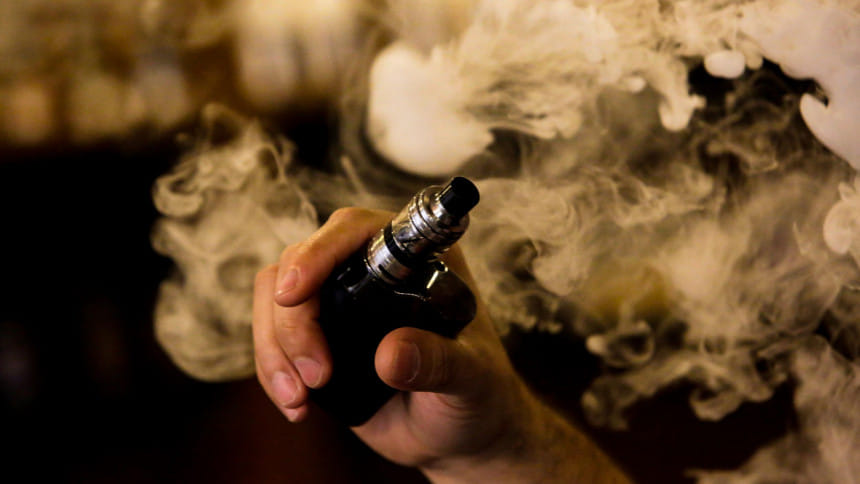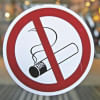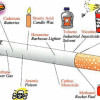Vaping-related illness sickens over 500 in US

More than 500 people have been sickened in an outbreak of vaping-related illness in the United States, health authorities said Thursday, as Los Angeles became the latest city to take steps to ban flavored e-cigarettes.
The known tally from the mysterious lung disease has jumped from 380 to 530, though the number of deaths stood unchanged at seven, according to a weekly report from the US Centers for Disease Control and Prevention.
More than half the cases involved patients under 25 years of age and three-quarters were men, Anne Schuchat, the centers' principal deputy director, said. Sixteen percent of those taken ill were under age 18.
E-cigarettes have been touted as a safer alternative to smoking. But critics say the risks are insufficiently understood, while flavored vaping liquids appeal particularly to children and risk getting them addicted to nicotine.
The US Food and Drug Administration's laboratories are testing more than 150 samples of suspect product, but have yet to identify the substance responsible for the patients' severe pulmonary disease, said Mitch Zeller, who directs the agency's Center for Tobacco Products.
NO SINGLE USE PATTERN
"There is no consistent pattern when it comes to ... what products plural are being used, how they're being used, where they might have been purchased, and what might have happened to the products along the way, from the time that they were put into the hands of the end user, to the moment of aerosolization, and, inhalation," Zeller said.
Investigators have so far been careful not to point the finger at any one brand, product or source.
In many cases, vaping refills containing THC, the principal psychoactive compound in cannabis, were linked to those taken ill.
Refills are often purchased on the street or internet, since cannabis remains illegal in many parts of the United States. Counterfeit refills whose ingredients are unknown could also be at cause.
The FDA, whose Office of Criminal Investigations is now involved in the inquiry, is running tests to determine with what substances the nicotine or THC was cut, as well as whether any additional diluents, additives, pesticides, poison or toxins were used.
Health authorities first realized in July that vaping was linked to the severe breathing difficulties, coughing, chest pain and even nausea being reported by young people.
Most reported that they had vaped cannabis-laced e-liquids, but some said they had used only nicotine products.
Reacting swiftly to the health scare, the state of New York banned flavored e-cigarettes Tuesday, effective immediately, following in the footsteps of Michigan which declared a ban earlier this month that has yet to go into effect.
On Thursday, the city attorney for Los Angeles, Mike Feuer, likewise recommend a citywide ban on flavored tobacco products.
And in India authorities announced on Wednesday a ban on the sale of all electronic cigarettes.
Concerns have reached the halls of the US Congress, prompting Democratic and Republican lawmakers to take the rare step Thursday of launching a bipartisan group to reduce youth vaping.
"The victims cut across party lines, ethnic lines, socio-economic lines, geography, race and ethnicity," House Democrat and group co-founder Raja Krishnamoorthi told AFP.
"It's such a big epidemic that everybody's affected at this point."
Krishnamoorthi welcomed the recent announcement by President Donald Trump's administration to soon implement a national ban on flavored e-cigarette products.
That would be an important first step, provided mint flavors are also banned, the congressman said at a press event.
"We have to stop this epidemic of youth vaping," added Republican congressman Peter King. "This is a serious health epidemic"

 For all latest news, follow The Daily Star's Google News channel.
For all latest news, follow The Daily Star's Google News channel. 







Comments